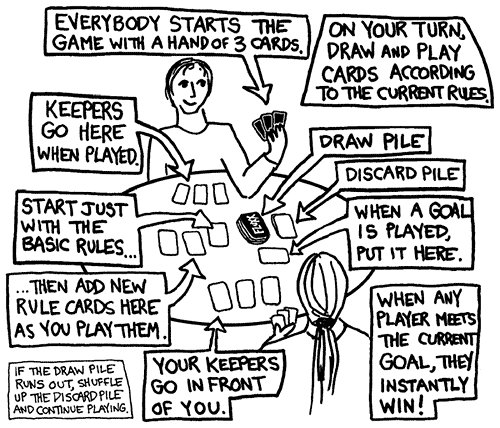 It was also a good way to explain why, in our house, if they wanted a snack they weren't to bother me about it but just go fix themselves something, for heaven's sake, but at their grandfather's house, they had to ask and wait for someone to get it for them. (Mama used to say that Daddy wouldn't let her go in the frig if he could avoid it.) In that case, I would remind them, "Grandpa's roof, Grandpa's rules." And when they, very raresly since it never got any other answer, would tell me that "Mary's mom lets her," my answer would be, "My roof. My rules." Now, that's perfectly clear. At least, I thought it was clear.
It was also a good way to explain why, in our house, if they wanted a snack they weren't to bother me about it but just go fix themselves something, for heaven's sake, but at their grandfather's house, they had to ask and wait for someone to get it for them. (Mama used to say that Daddy wouldn't let her go in the frig if he could avoid it.) In that case, I would remind them, "Grandpa's roof, Grandpa's rules." And when they, very raresly since it never got any other answer, would tell me that "Mary's mom lets her," my answer would be, "My roof. My rules." Now, that's perfectly clear. At least, I thought it was clear.Until a 15 year-old Richard came home from a friend's house and announced, in a voice of startled discovery, "You make up the rules!" I admitted I did. That, indeed, that's what "My roof, my rules" meant. Well, he was outraged! Here he had been going to David's house for years and thinking that David's father broke the rules when he sat in his recliner and called David to come to him. Somehow, that day Richard had realized that the rules in David's house were different and David's father wasn't blithely breaking them for the hell of it. (He did still prefer it the way we did it.)
 It was about at that time that he came home all indignant and announced, in that same voice of startled discovery, that cars would too start without seat belts fastened! He was taking driver's ed and that day had done his first practice driving. He had been in the back seat, getting ready to fasten his seat belt, and the student behind the wheel had turned the key and the car had started. How, I ask you, was I to know that when I told a four year old "I can't start the car until the seat belts are all buckled" he would think it meant the car wouldn't start that way? And that he would maintain that impression for over ten years?
It was about at that time that he came home all indignant and announced, in that same voice of startled discovery, that cars would too start without seat belts fastened! He was taking driver's ed and that day had done his first practice driving. He had been in the back seat, getting ready to fasten his seat belt, and the student behind the wheel had turned the key and the car had started. How, I ask you, was I to know that when I told a four year old "I can't start the car until the seat belts are all buckled" he would think it meant the car wouldn't start that way? And that he would maintain that impression for over ten years?
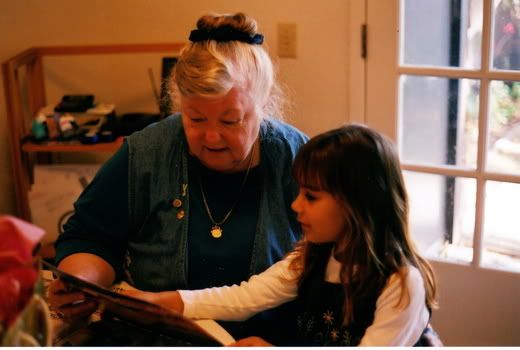
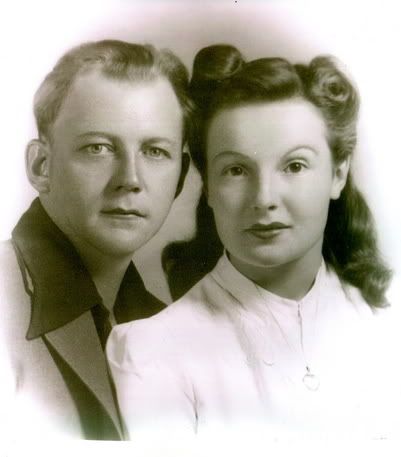
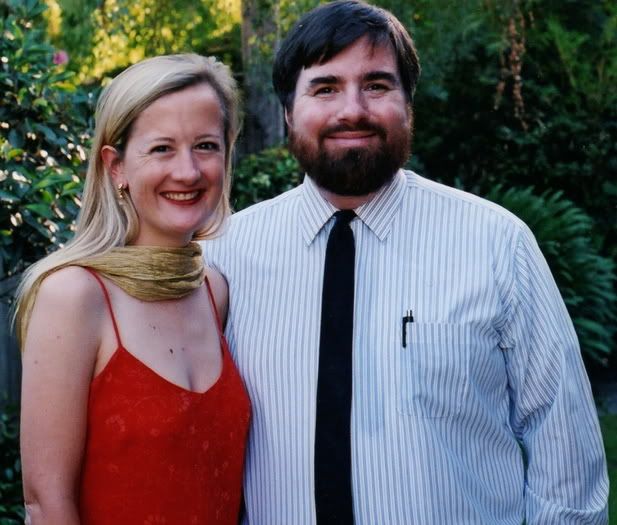
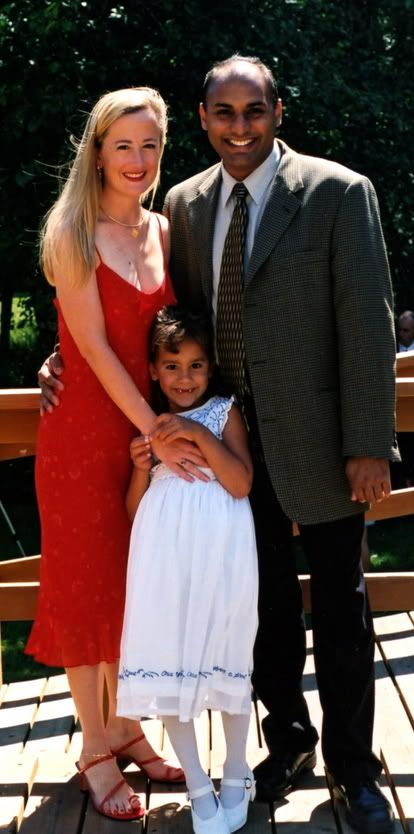
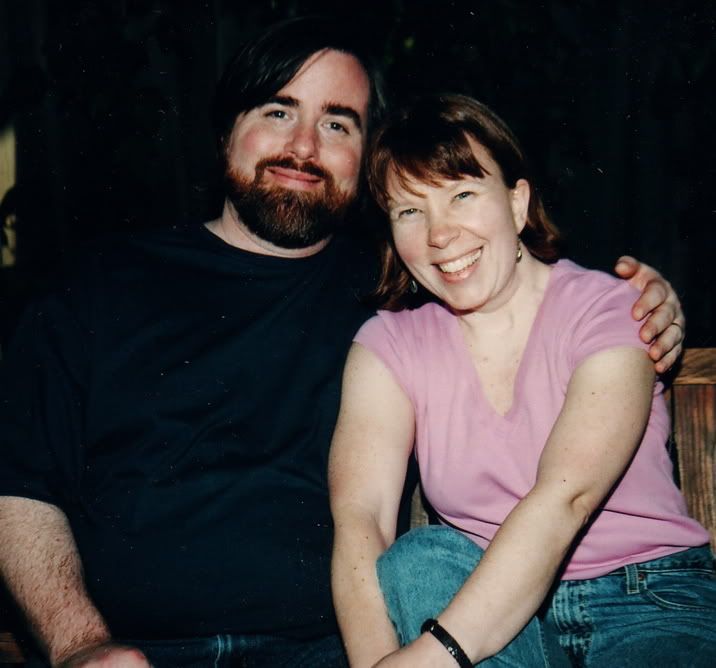













4 comments:
I love this story. You made your point-- and then some. Thanks for the smile.
lol Sounds like my house! I said the same to the dynamic duo.
Good story and good memories.
Thanks.
I like this story. Kids do have a way of interpreting what we say on a pretty literal concrete level at times. What's interesting, as you point out so well, is how many years they can cling to that initial perception.
Post a Comment